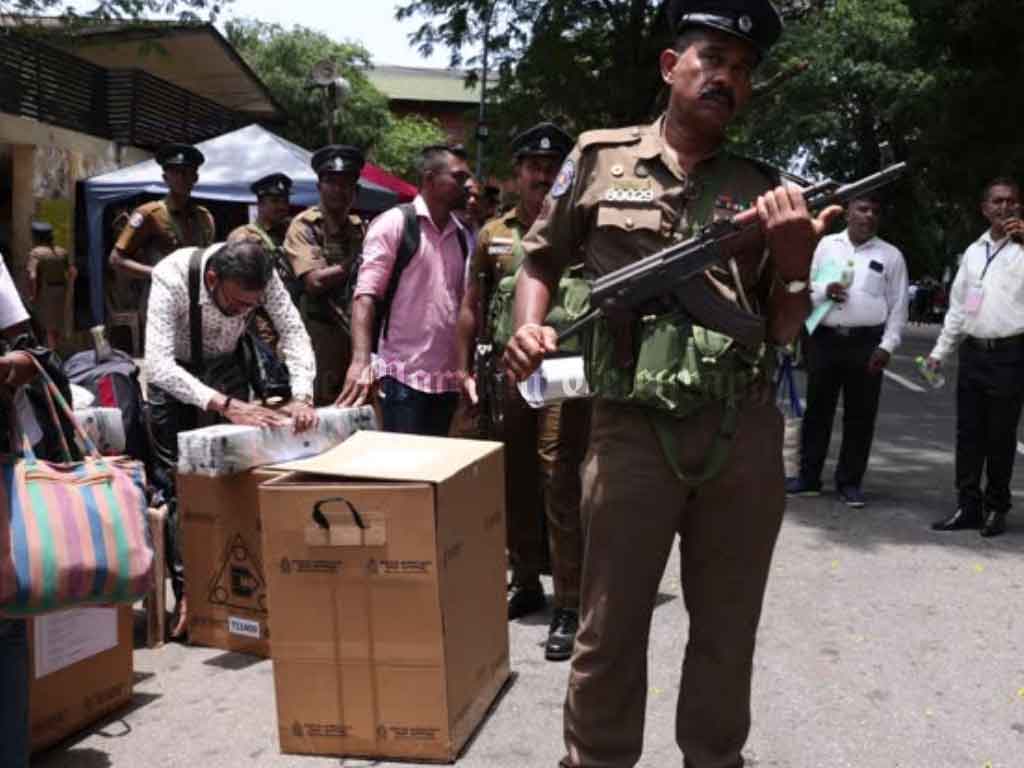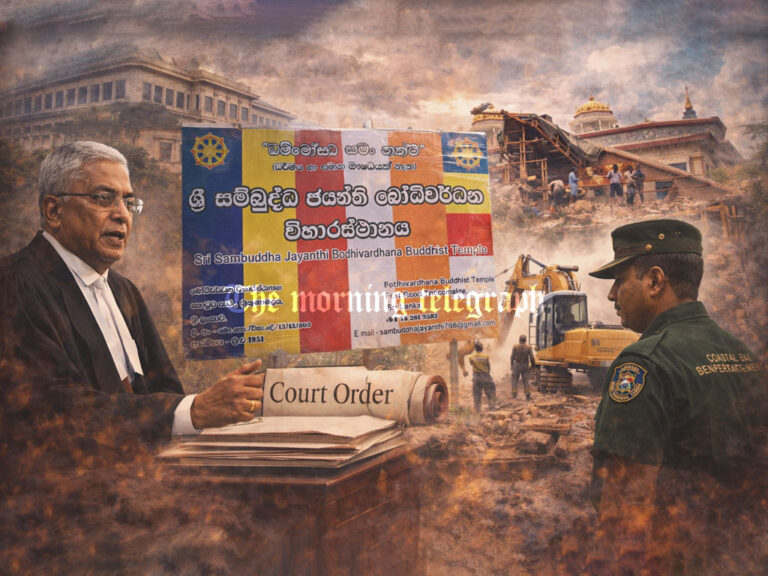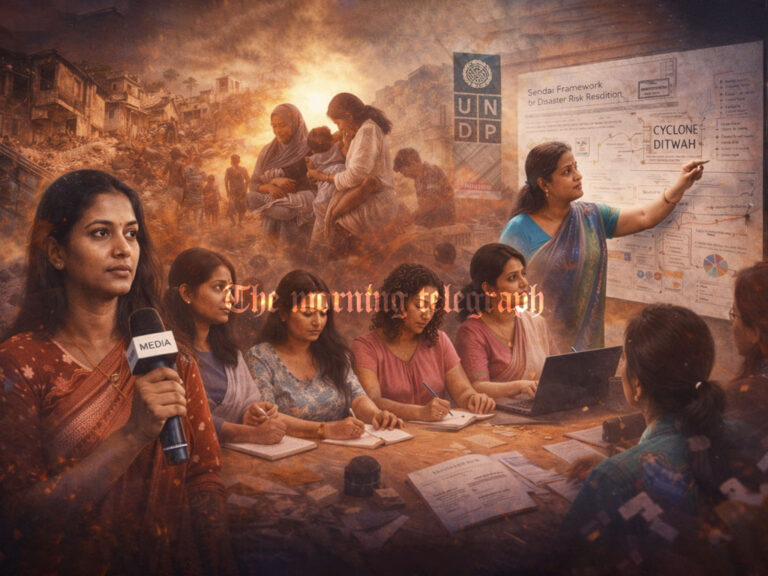
After Sri Lanka’s recent parliamentary elections, President Anura Kumara Dissanayake and his Janatha Vimukthi Peramuna (JVP)-led National People’s Power (NPP) coalition are tasked with navigating complex challenges amid high public expectations. This leftist alliance, now in power, faces economic vulnerabilities, deep-rooted political issues, and a dynamic diplomatic landscape that will test its capacity for governance and reform.
1. Economic Instability and IMF Relations
The Sri Lankan economy remains precarious, with the NPP inheriting the task of managing an International Monetary Fund (IMF) bailout package established by the previous administration. While the NPP has advocated for renegotiating parts of this deal, initial efforts have focused on maintaining economic stability rather than implementing drastic changes. The outcome of this approach may affect both public trust and international confidence.
- Key Challenges: Implementing new tax policies and revenue measures, risk of delays in IMF funding, and potential disruption of World Bank and Asian Development Bank support if IMF targets aren’t met.
2. Debt Management and Public Finance Stability
Sri Lanka’s national debt remains one of its most pressing issues. External debt restructuring is underway, but balancing creditor agreements with public demands for economic justice will require careful maneuvering. The NPP’s anti-corruption platform includes a commitment to asset recovery from past financial scandals, though this process may be long and uncertain.
- Key Concerns: Securing deals with bondholders and other creditors, addressing a legal case filed by Hamilton Reserve Bank, maintaining stability in the financial sector during restructuring, and managing public expectations around asset recovery.
3. Tackling Social Inequality and Populist Pledges
Social justice is a central tenet of the NPP’s platform, with Dissanayake vowing to combat corruption and inequality. However, delivering on these promises without destabilizing the economy will be challenging. Public patience could wane if substantial change does not materialize swiftly.
- Key Areas to Watch: Pursuit of longstanding court cases (e.g., Easter Sunday attacks, Central Bank bond scam), enforcement of anti-corruption measures, handling public protests, and managing tensions between populist promises and economic realities.
4. Navigating the Geopolitical Landscape
The NPP’s ideological stance historically leans toward caution with India while showing openness to China and Russia. Dissanayake has softened these positions for diplomatic reasons, but projects with international stakeholders, especially India, may test his administration’s diplomatic balance.
- Key Concerns: Managing India-related agreements, like the Adani energy project, balancing Chinese and Western interests, and maintaining international support crucial to Sri Lanka’s recovery from its 2022 debt default.
5. Governance Inexperience and Need for Legislative Control
The NPP, new to national governance, faces hurdles from limited administrative experience. Ensuring cohesive leadership and clear policies will be essential, especially if the NPP lacks a secure parliamentary majority. Reports indicate that some appointments have stirred frustration among government officials, complicating administrative dynamics.
- Key Factors: Securing parliamentary support, cooperation from bureaucratic leaders, negotiating international agreements, and adhering to promises of merit-based appointments.
6. Public and Private Sector Expectations
Balancing pro-worker policies with private sector needs will be crucial for the NPP’s success. While Dissanayake has committed to supporting local industries, his administration will also need to address concerns over market regulations and foreign investment.
- Key Concerns: Implementing favorable tax policies, stimulating small and medium-sized enterprises (SMEs), supporting state employment without over-expansion, and building investor confidence.
7. Political Reforms and Structural Changes
Dissanayake’s administration aims to address structural issues, including abolishing the executive presidency to reduce concentrated power. However, achieving this requires widespread parliamentary and public support, which may not be easily secured given the divisive political landscape.
- Key Watchpoints: Building cross-party support for constitutional amendments, balancing progressive reforms with traditionalists within the NPP, and managing influence from veteran political figures.
The Path Forward: Balancing Reform with Stability
President Dissanayake’s NPP-led government stands at a critical juncture. The coalition’s ability to navigate these challenges will be closely watched by both domestic and international observers, with the government’s decisions set to impact Sri Lanka’s political and economic future. As the NPP seeks to fulfill its ambitious platform, managing expectations and making pragmatic choices will be key to maintaining stability while advancing systemic change.




